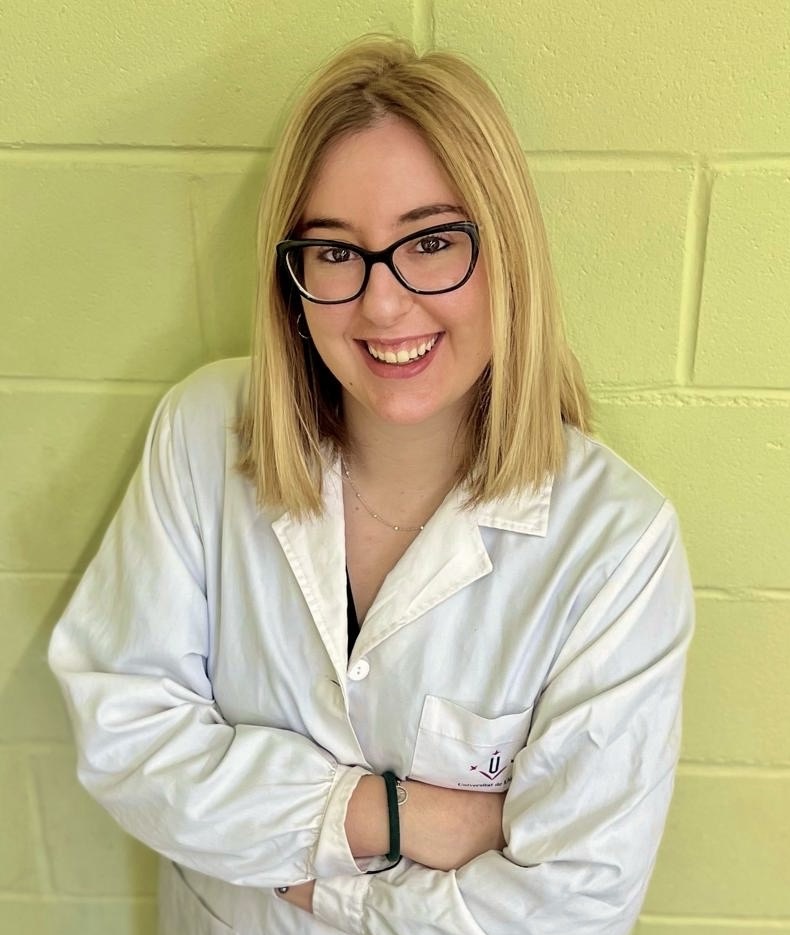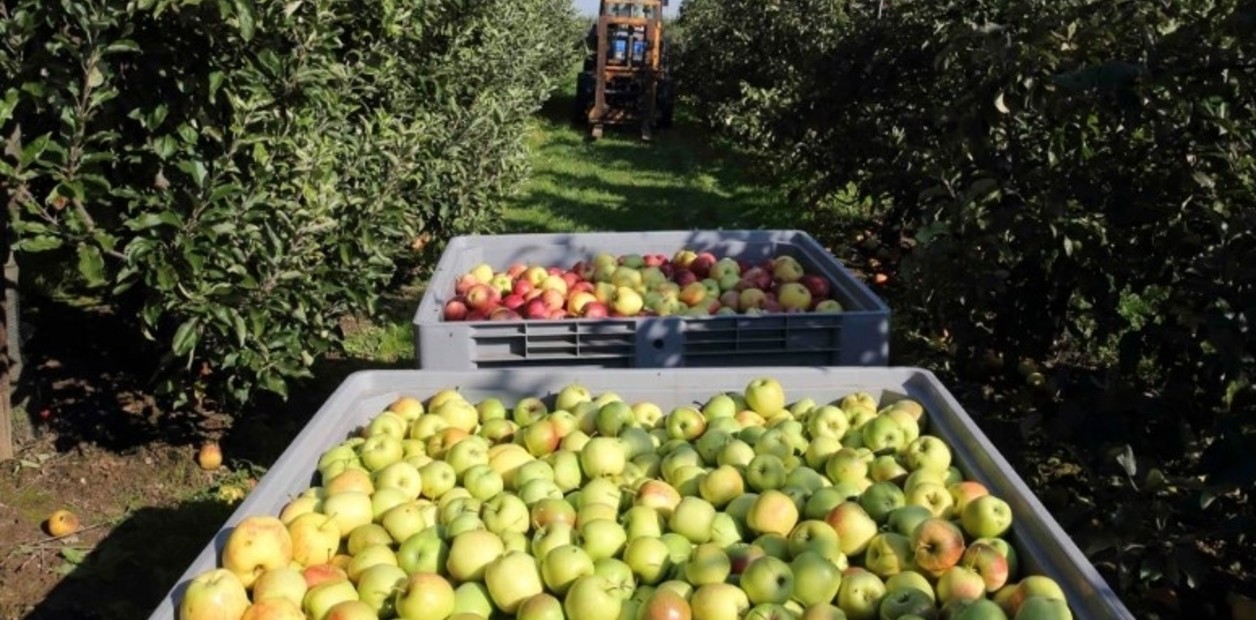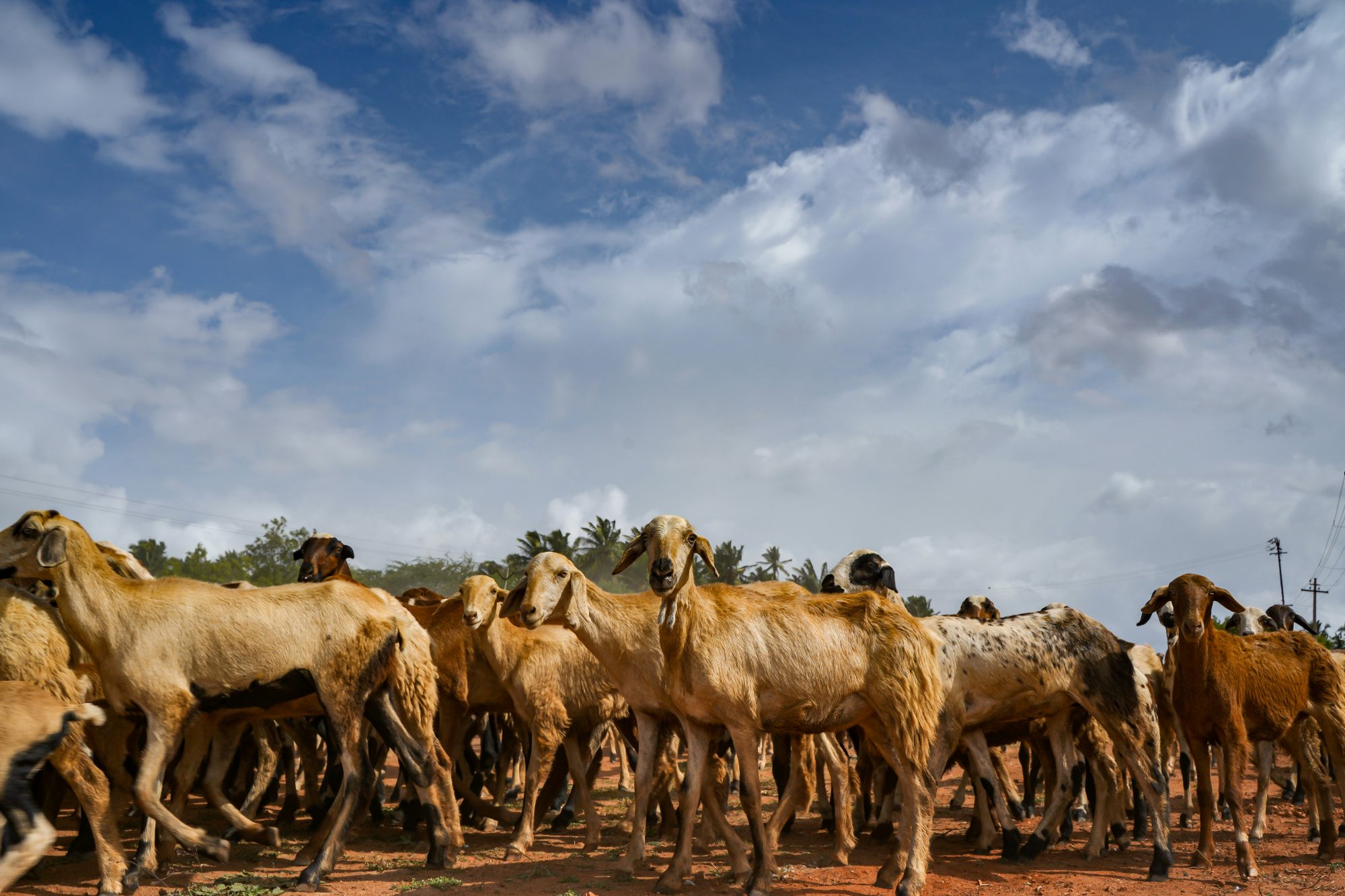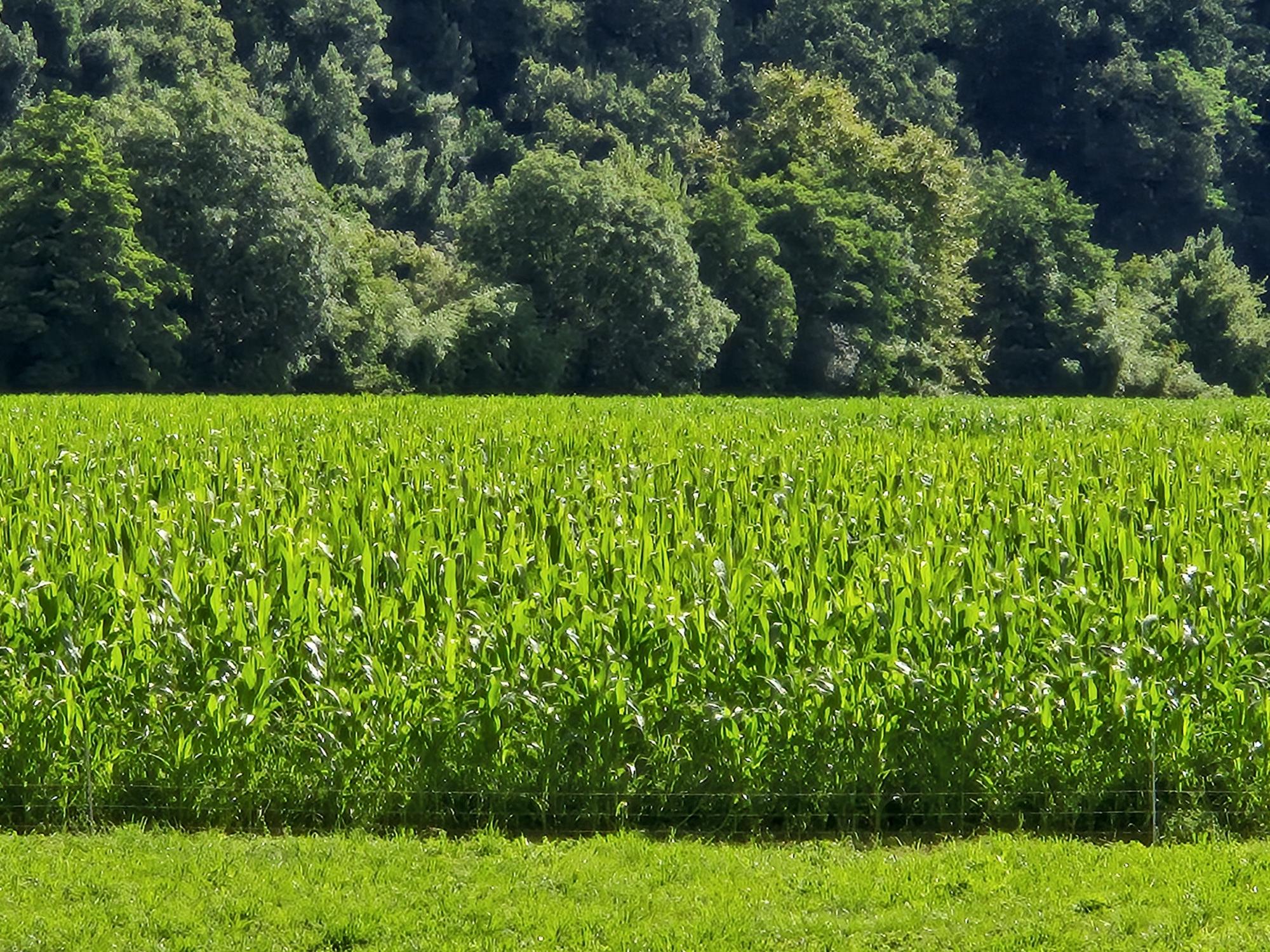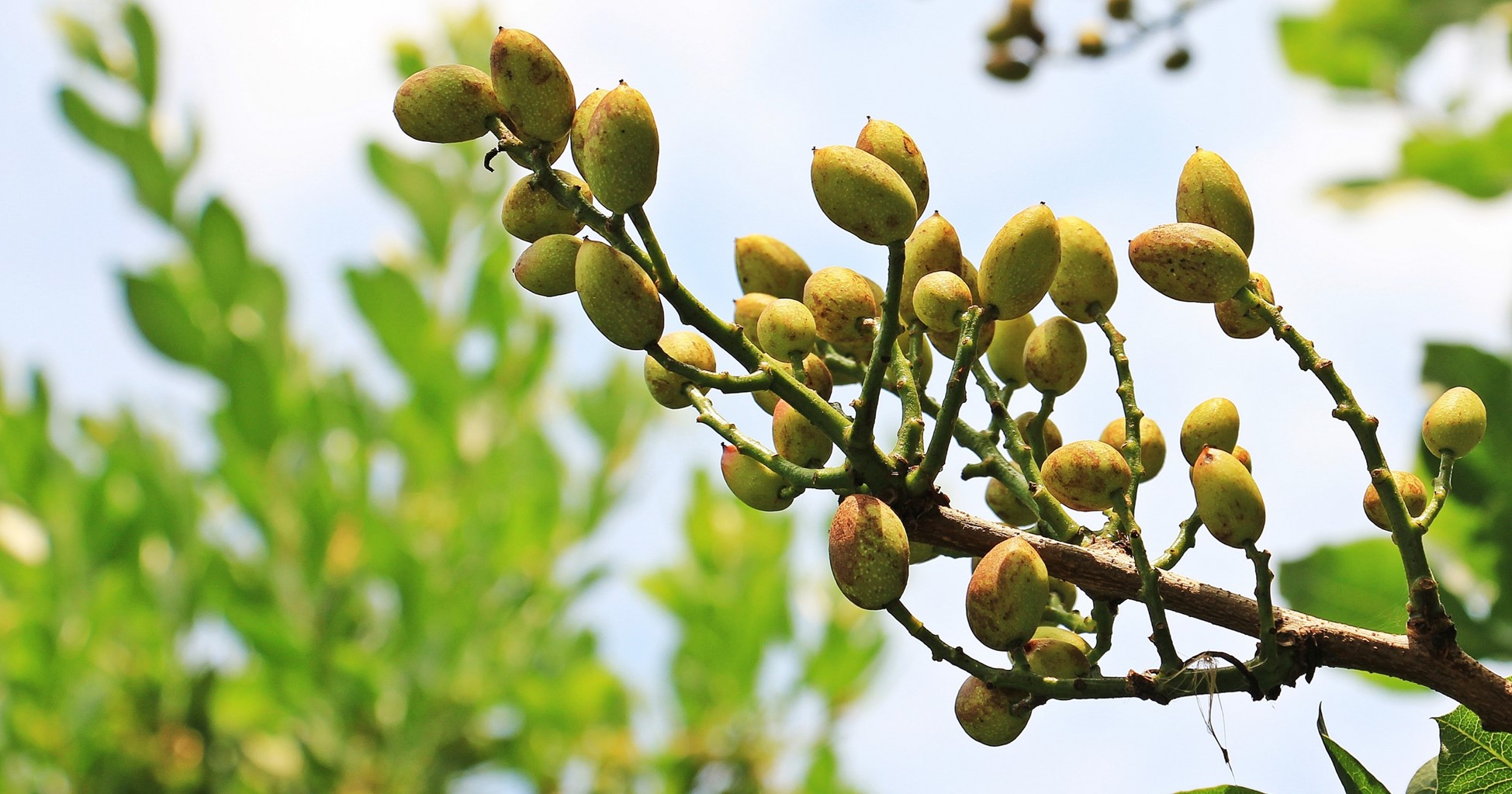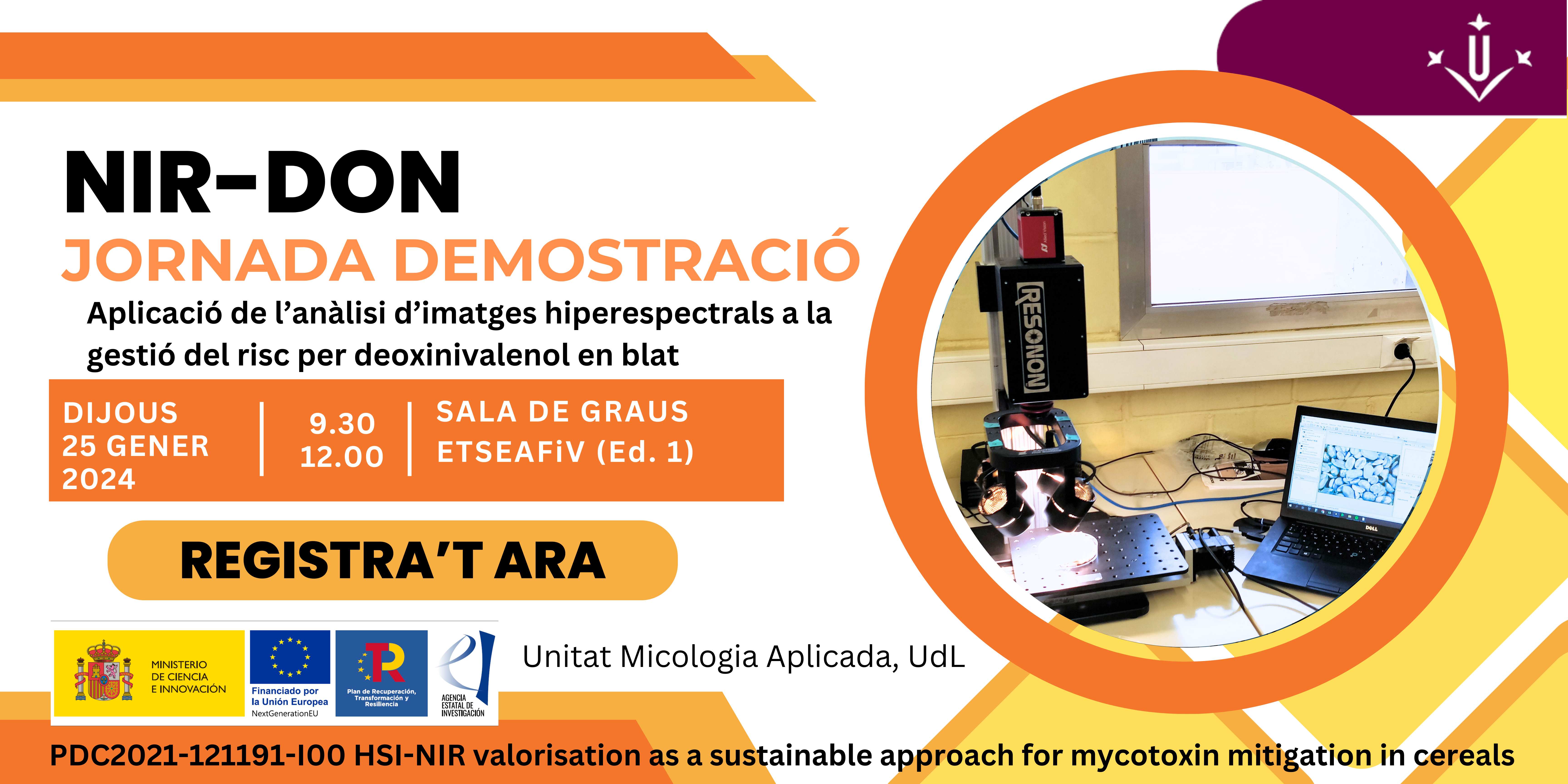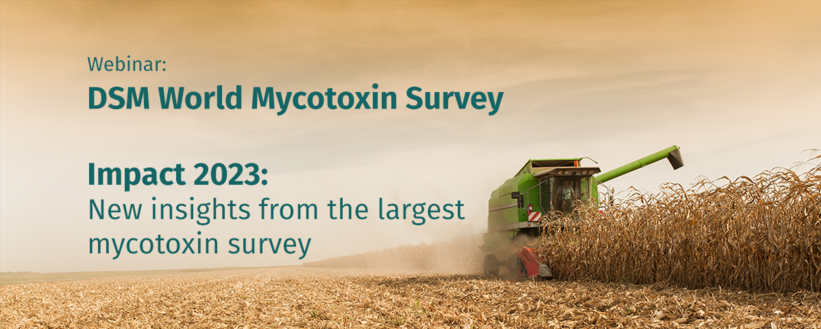Since its formation in 1983, the members of the Applied Mycology Unit of the Food Technology Department have been conducting their research mainly in the field of filamentous fungi and their secondary metabolites. Since then they have worked on more than 25 competitive research projects at national and international level, with the publication of nearly 300 articles in journals of international impact related to the prevention of fungal spoilage of food and minimizing the presence of mycotoxins in human and animal nutrition.
Regarding services to private companies, the Applied Mycology Unit is integrated into the Scientific-Technical Service of the University of Lleida "Microbiological Quality in the Agri-food sector", where it contributes all its experience in microbiological analysis and, very especially, in everything related to moulds and mycotoxins.
The research team of the Applied Mycology Unit is made up of three University Professors, a Lecturer, a postdoctoral researcher, three pre-doctoral researchers and a laboratory technician, forming a multidisciplinary team, made up of researchers from Biology, Biotechnology, Science and Food Technology, Agricultural, Chemical and Veterinary Engineering.






jeancarlos.correia@udl.cat
